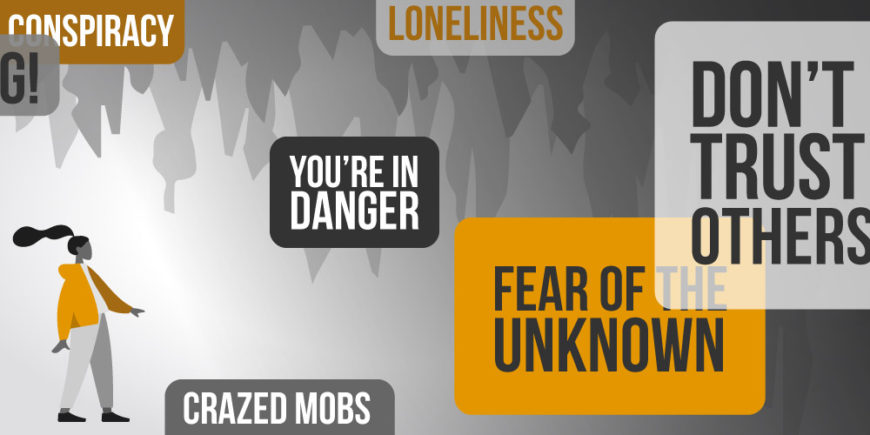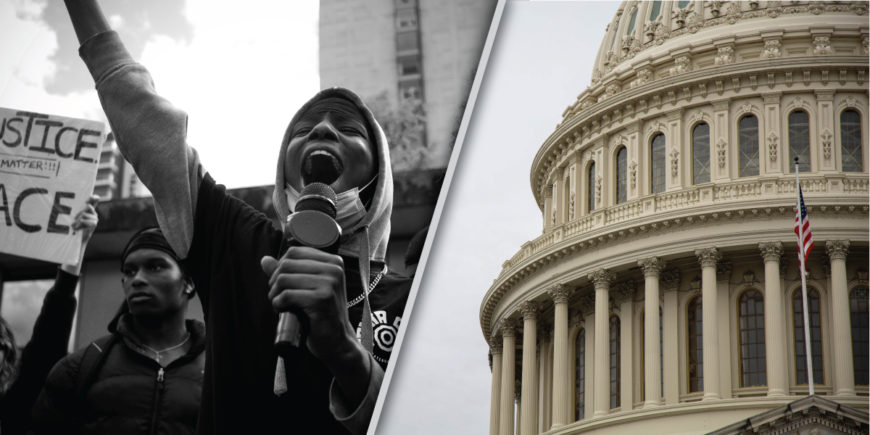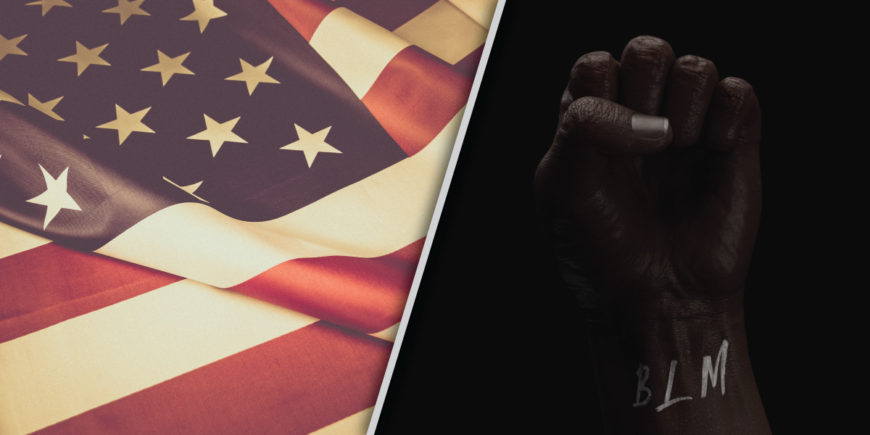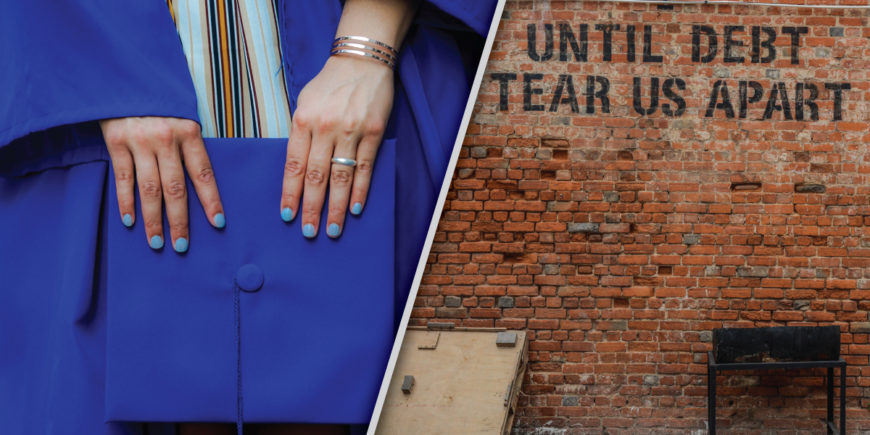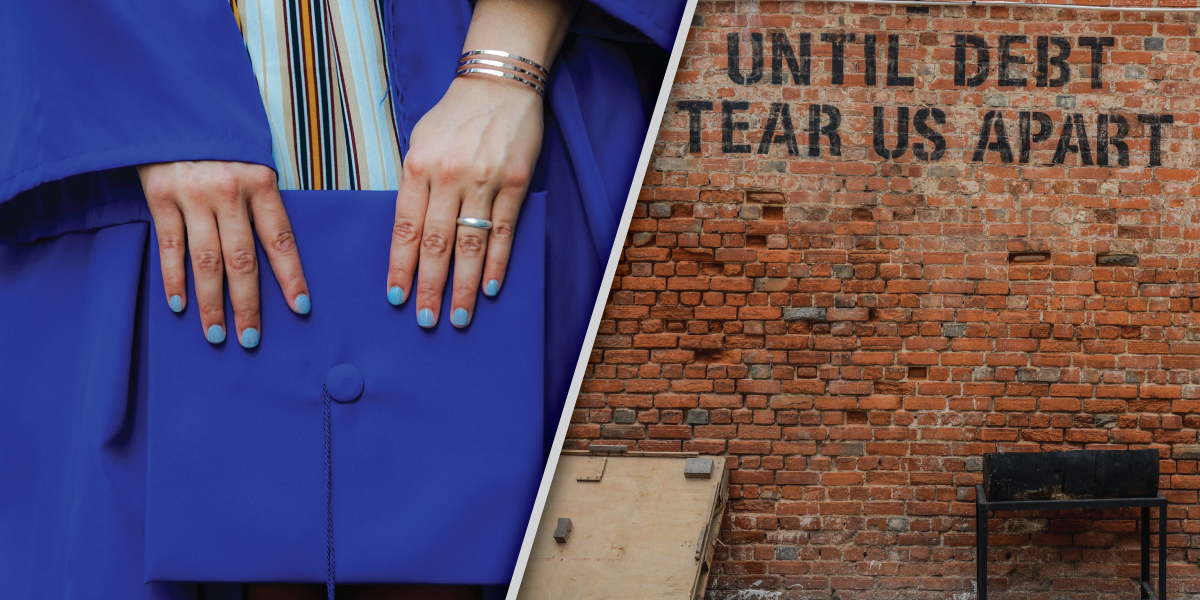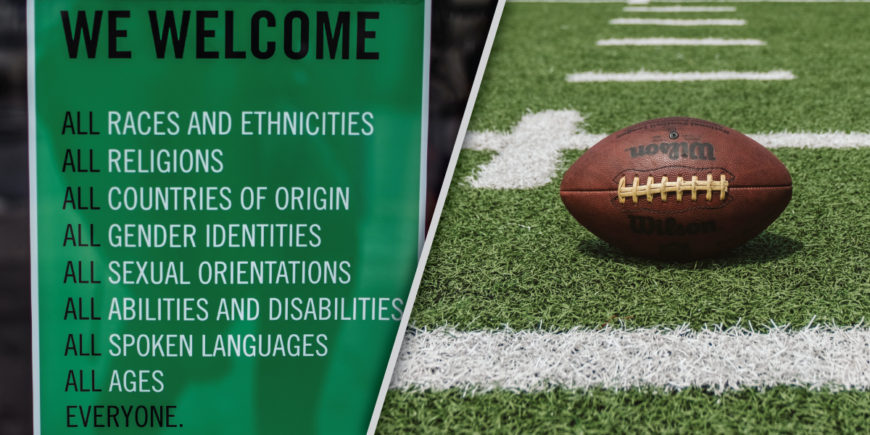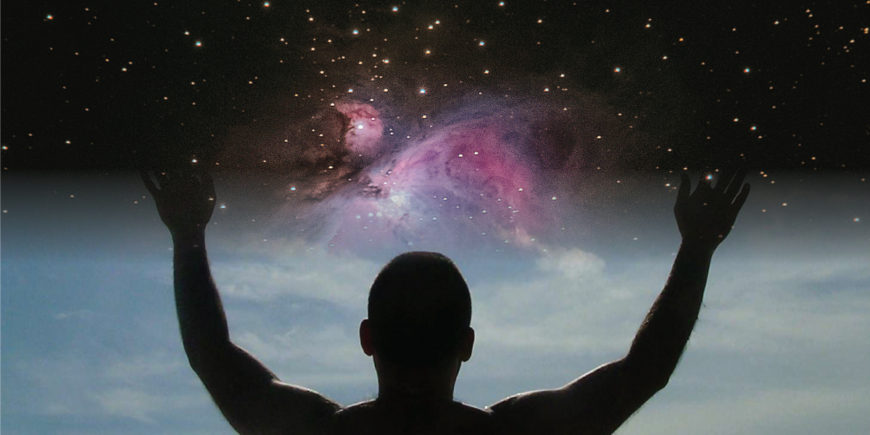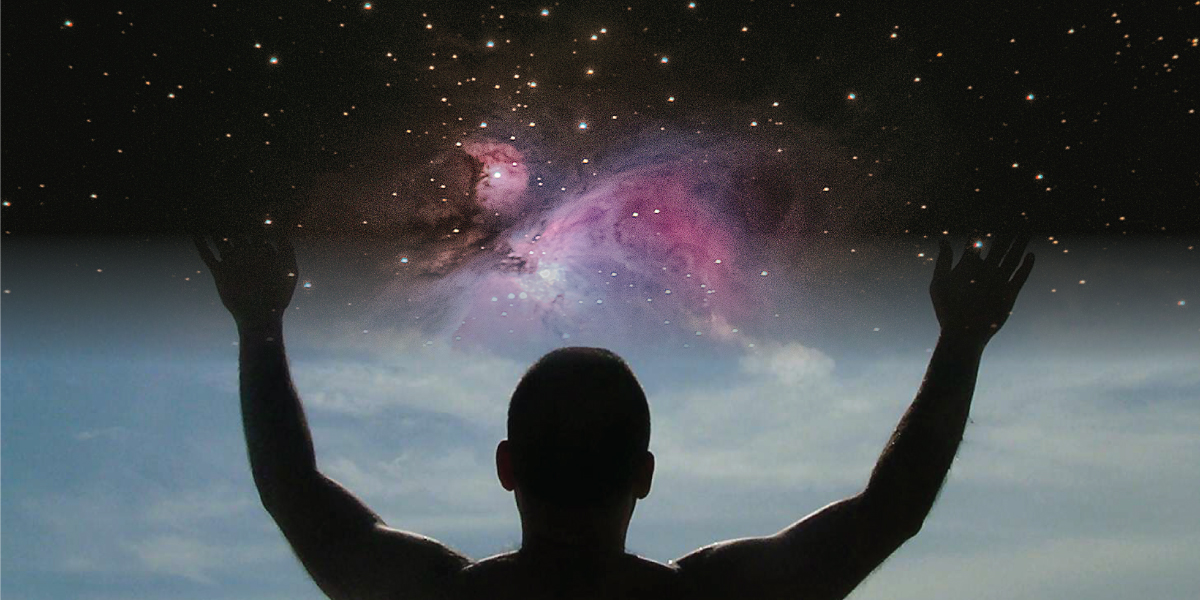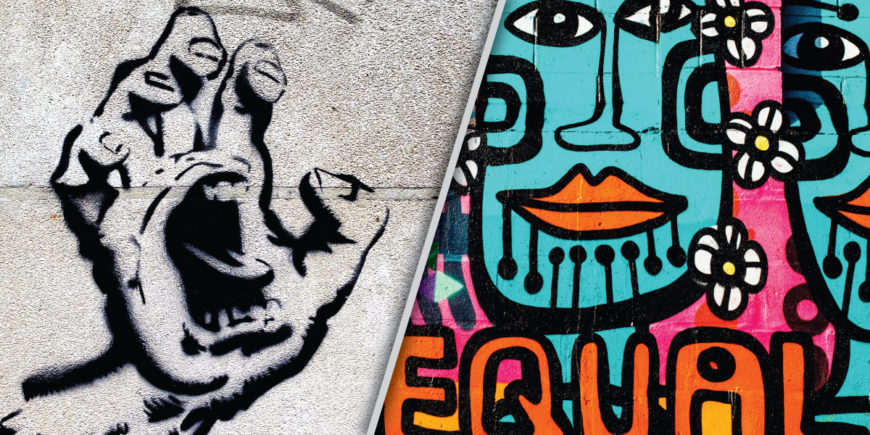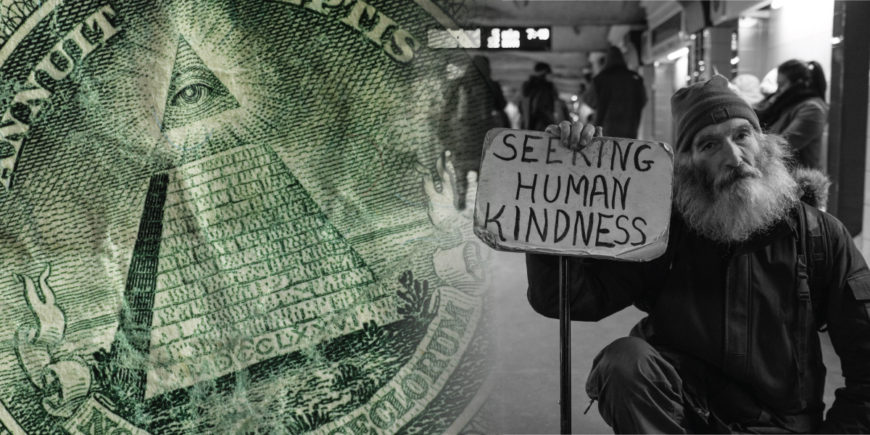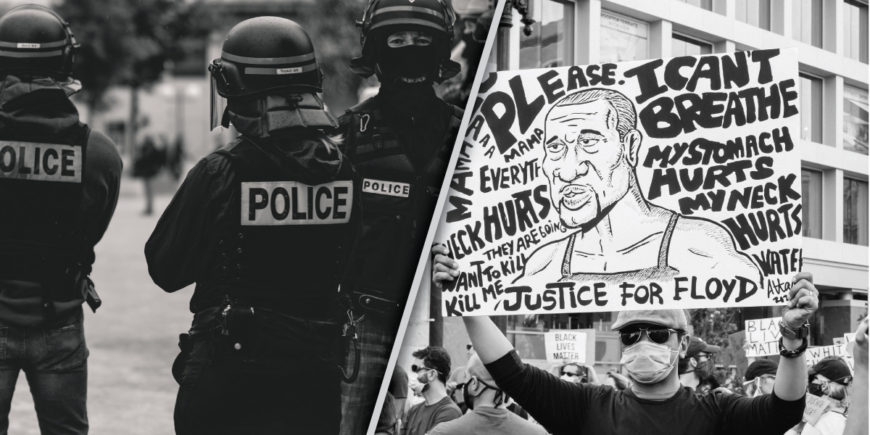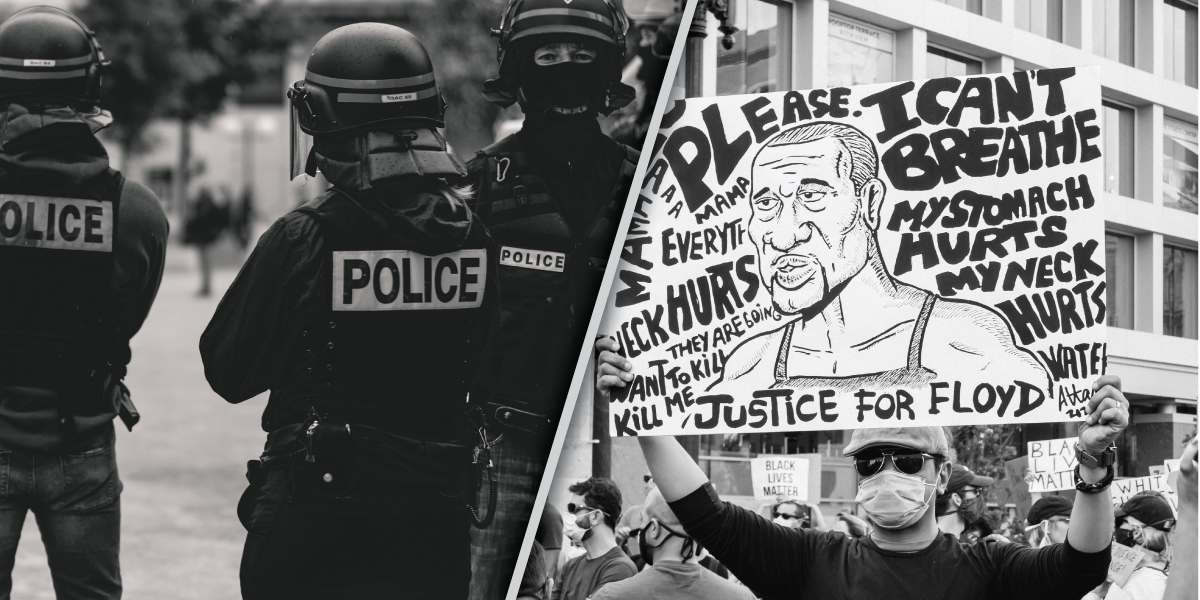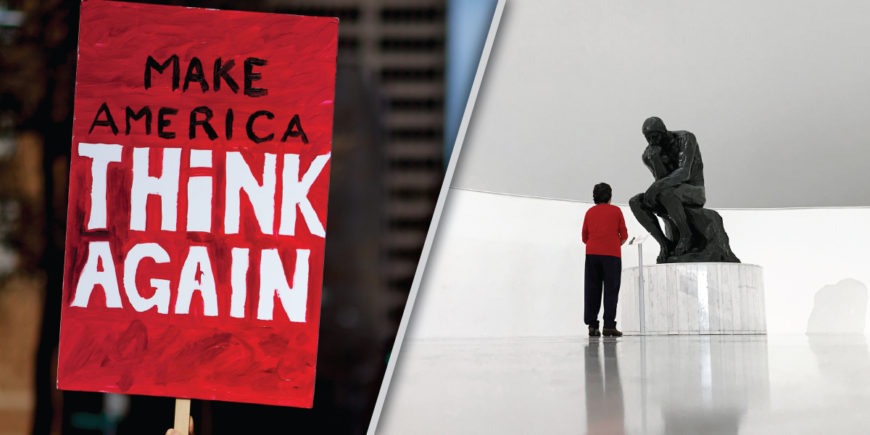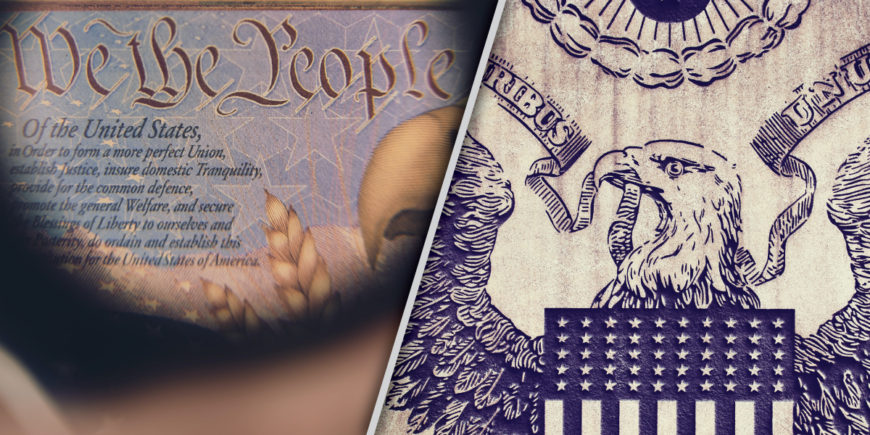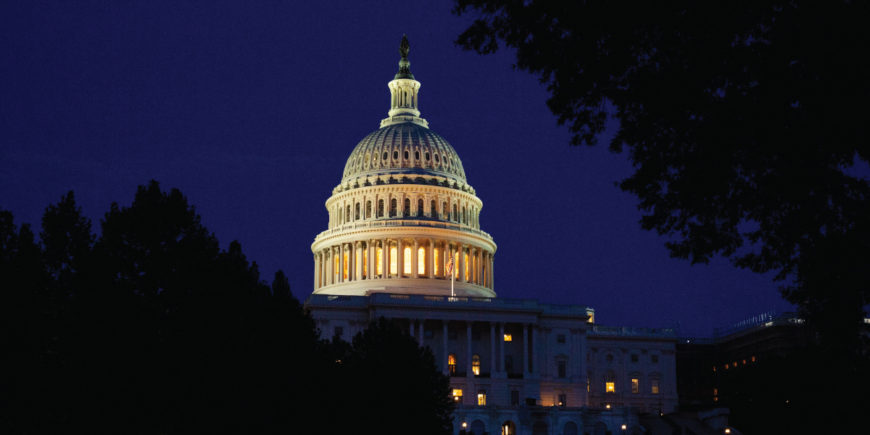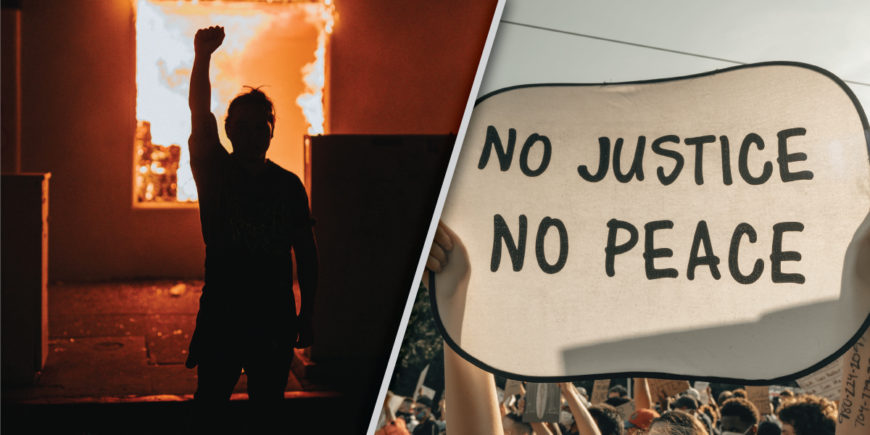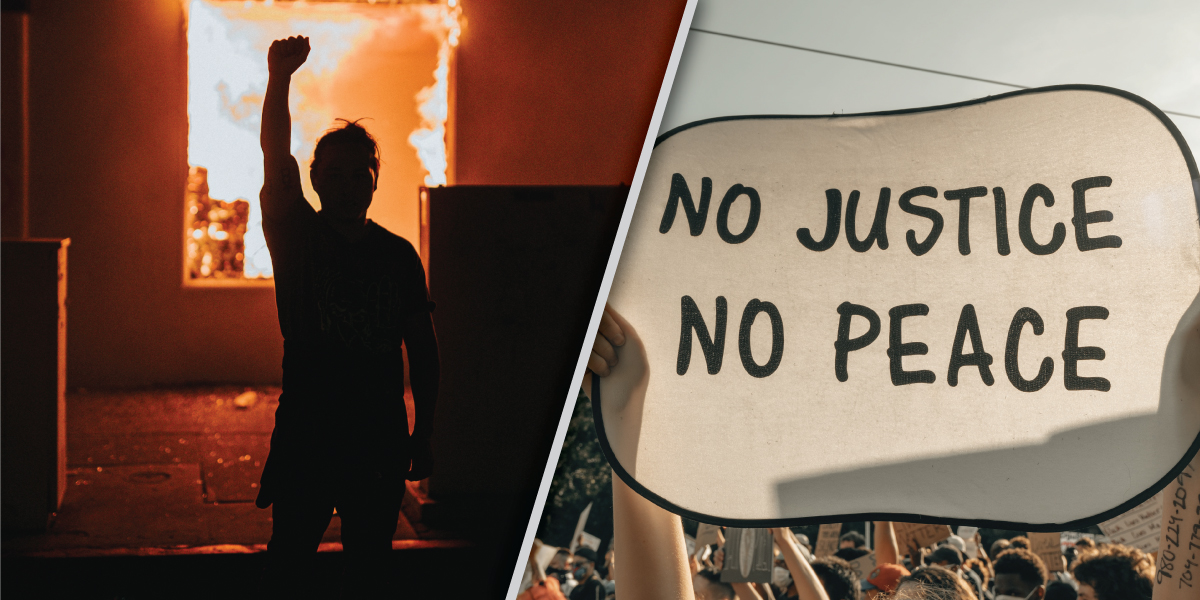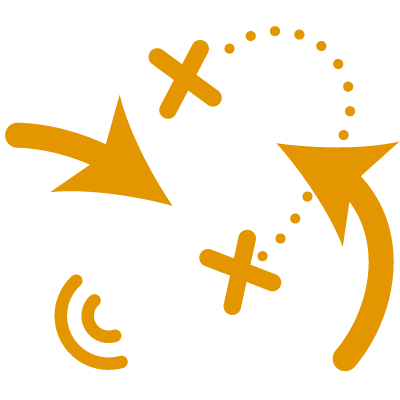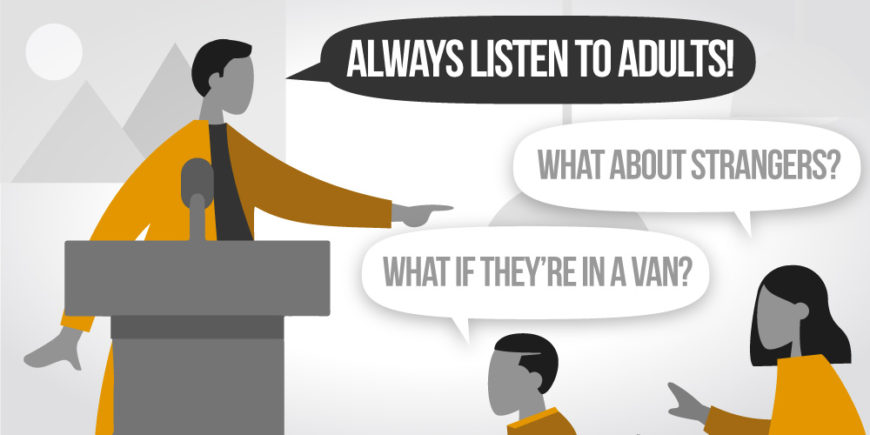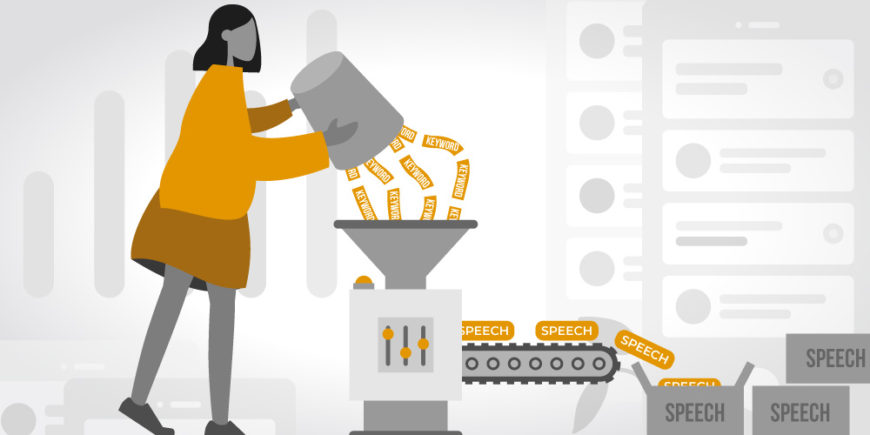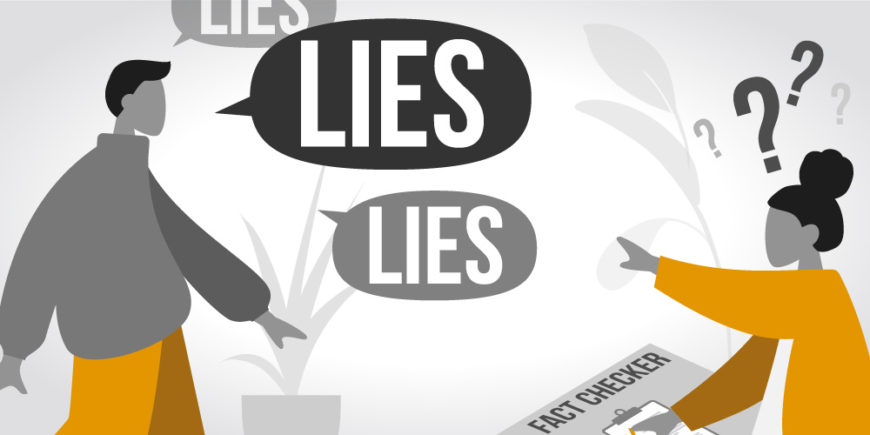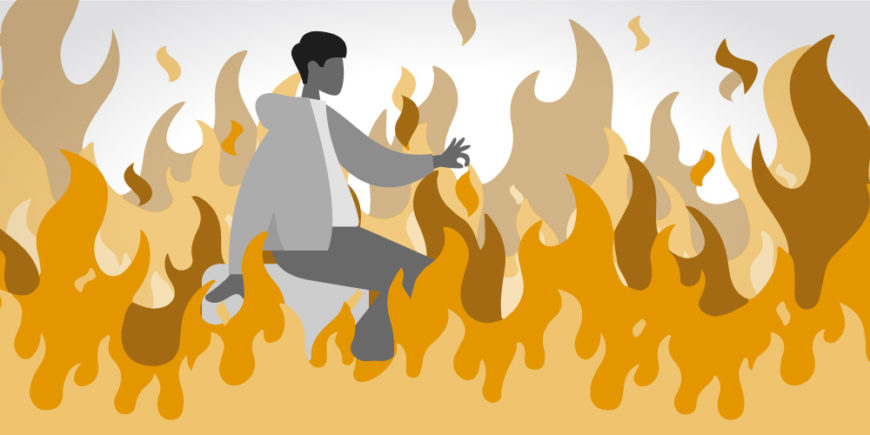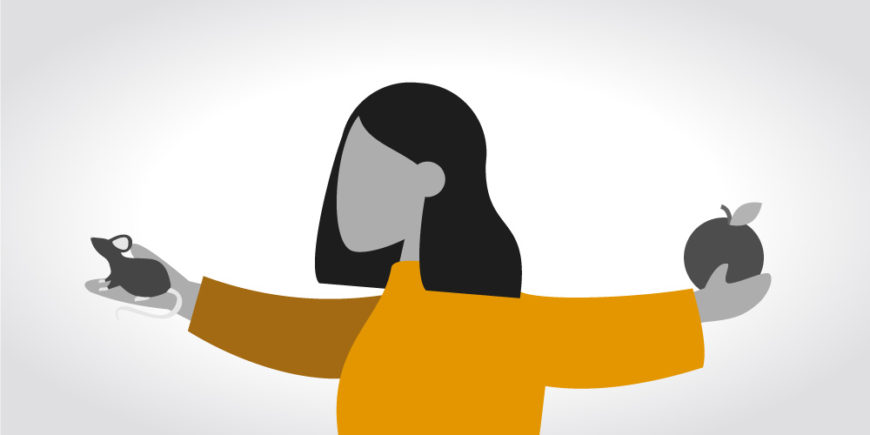Making Change With Tenacity, Research, and Reasoning
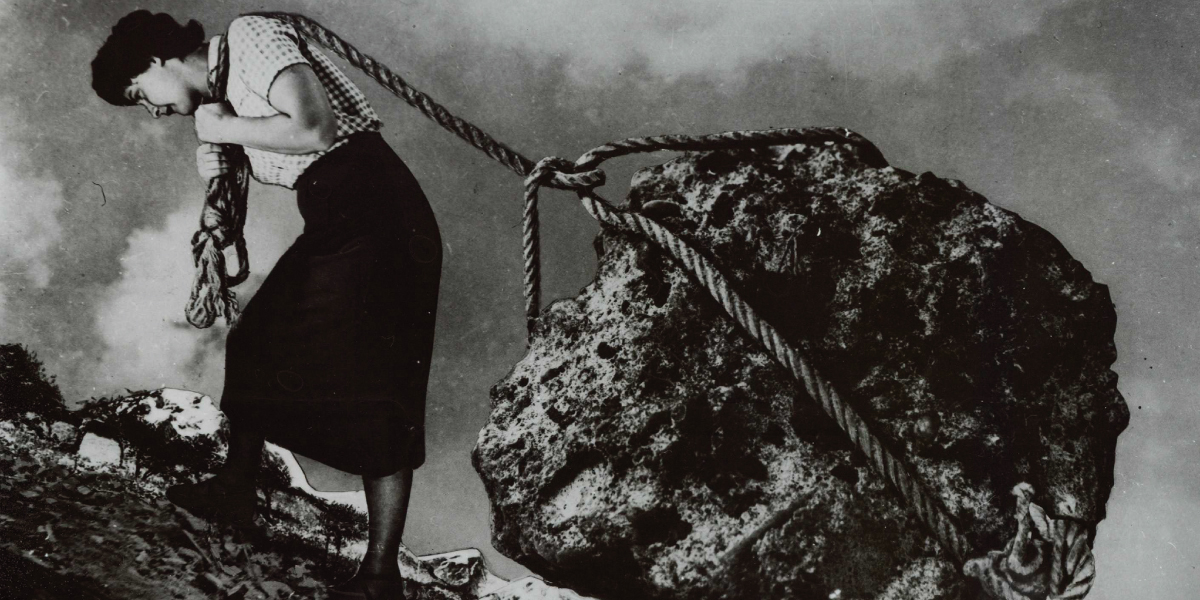
If you are right, don’t let anger get in the way of your point.
So much easier said than done–but every time that I find myself reacting instead of acting, I don’t make the progress I might have if I had just calmly presented the valid information that I had at my disposal. Being right means you don’t have to act angry to make change. Anger can motivate us and fuel our actions, but anger itself is not the catalyst for change. Real change isn’t instant, and even though we know this logically, anger pushes us to impatience, and our bodies feel like we need the change in that moment, not down the line.
every time that I find myself reacting instead of acting, I don’t make the progress I might have if I had just calmly presented the valid information that I had at my disposal.
When we are angry we forget we are right just as much as angry people almost never realize when they are wrong. Remembering this in the moment can help us all to make better arguments that will be more likely to be heard, and leave room for others to tell us things that can change our minds.
Anger and outrage met a brick wall, research and empathy broke through it
Only 31 years later, on the anniversary of the tragedy that took place in Tiananmen square, I feel lost beyond words as I read the news and watch oppression turning into violence. It is eerily reminiscent of the atmosphere and escalation that led toward the Tiananmen tragedy and it looks like once again we have failed to learn from the lessons of history. It makes me feel powerless, especially when the choices for response are seemingly limited to putting myself in the crossfire, or sitting here and writing about it. Both feel like they change nothing. But it is important to remember that it is creativity that shatters the illusion of being trapped, and that if there isn’t a third option, it is up to us to create one.
An experience I had this morning reminded me that anger only reduces available solutions. My husband and I took a trip to the only grocery store in the area this morning, and by the time we left with our items, we were shaking with anger.
Before we left the house, we took extra care to make sure that we had masks and gloves, wanting to protect ourselves and show respect for others. We are not sick, nor suspect that we have been exposed but always wear masks in public. We do this because, for once, there is something tangible, something easy that we can do to help during this pandemic, but we also do this because in our area, hypothetically it is a requirement.
We were horrified to see that not only were most of the customers in the store not wearing masks, but at least half of the employees were without masks as well.
We were horrified to see that not only were most of the customers in the store not wearing masks, but at least half of the employees were without masks as well. No one was wearing gloves, we didn’t see surfaces being sanitized at all, one way isle rules were not enforced, and most notably, there was a total lack of social distancing. This blew our minds and the anger flowed.
We spoke to the assistant manager, who had the audacity to provide us with the obvious lie that all of these employees had doctor’s notes excusing them from wearing a mask. I hate being lied to and I was offended that he expected me to believe this nonsense. In an almost comically timed fashion, one of his maskless employees interrupted him to let him know that she did not have one of these notes and that she had been on shift for an hour. To add insult to injury, he told us that the health department had no intention of enforcing the law with them, and since they aren’t going to get into any trouble, they aren’t going to bother.
We then spoke to the door monitor, who was enforcing nothing, and received the response that the store wasn’t able to, or “couldn’t”, really enforce these laws and precautions. Yet, not surprisingly, their sister location (10 miles away in the more liberal adjacent town) implements all of the “impossible” safety protocols for both employees and customers without issue.
At one point, my own social distancing saved me from decking a guy that started laughing at us for wanting to see these protocols enforced. We were dumbstruck, that with more than 100,000 dead in this country alone, that anyone could laugh about this subject. How could anyone be so cruel and selfish as to feel overly bothered by the simple ask of wearing a mask? And in a burst of outrage, I yelled at this guy for his selfish, ignorant, and dangerous behavior, but because I was angry, it didn’t come out in a way that he was ever going to hear, and he only laughed more.
We were dumbstruck, that with more than 100,000 dead in this country alone, that anyone could laugh about this subject.
Then I remembered that I am on “the side of right”. I didn’t need anger, because my argument is valid. With the goal of making meaningful change, we began the process of deconstructing what we were told, collecting information, and finding the right person that had the power to do what we could not.
First, we called the health department. We left a message and will be following up on that in the next episode. While we don’t have confirmation at this point, it is difficult to believe that they are going to be comfortable with the area’s only grocery store advertising that they have a get out of jail free card with them. We also doubt the accuracy of what we were told, however if it turns out to be true, we will have a new direction to pursue with that as well.
Next, we called the sister store location that is part of the same chain and asked if there are any larger corporate regulations that would vary from location to location that could be contributing to what we saw. We asked how they were able to take on the extra burdens of dealing with a pandemic, and if there was any reason that the location we had been to could not provide safety in the same way that they had set up. Not surprisingly, there were no circumstances to explain these discrepancies, which confirmed our suspicion that this was a choice.
Then, we contacted the main healthcare provider for the area. We asked the director if it was their policy to write notes excusing grocery store employees from wearing masks, and she said, “No [local health] clinic would write a note allowing people to work without a mask for any reason. If a person cannot wear a mask, they should not be working.”
No [local health] clinic would write a note allowing people to work without a mask for any reason. If a person cannot wear a mask, they should not be working.
This seemed straightforward and solid, however it is possible that grocery store employees might have health care providers outside of the local area, and that those providers might have different policies. We doubt it, but you can bet that we will be checking.
Lastly, we contacted corporate headquarters for the store chain. It is here that we made some progress. I cannot stress enough how important it is to put yourself in the shoes of the person you are talking to. If we had spoken with anger about the upsetting experience, we would have likely been brushed off, but instead we used our common interests to make a point that they cared very much about. As marketers we noticed, and then mentioned, that the lack of safety protocol enforcement was doing damage to their brand. A grocery chain does not want to be known for health concerns, and thinking of it in these terms got their attention. We have been told that they will be contacting the store and correcting this issue immediately. We’ll be following up on that as well.
The hope that I have for readers is to see the very real choices for meaningful action that we all have, and don’t often realize. Transforming anger into tenacity and resolve is a much more effective path toward making change, and when we think creatively, we can open up options we didn’t know we had. Change should never just be about what we want, and we should make sure we are on the side of right, but when we are, we must think, we must research, we must explain in the language of the listener, and we must not give up.

Watch for upcoming segments
Watch for Episode 2, where we uncover the truth. Are doctors excusing mask wearing in mass? Is the health department breaking the law? Not likely, but like any investigation, new information reveals a new story.
Episode 2: If it is the truth, it will come out!
